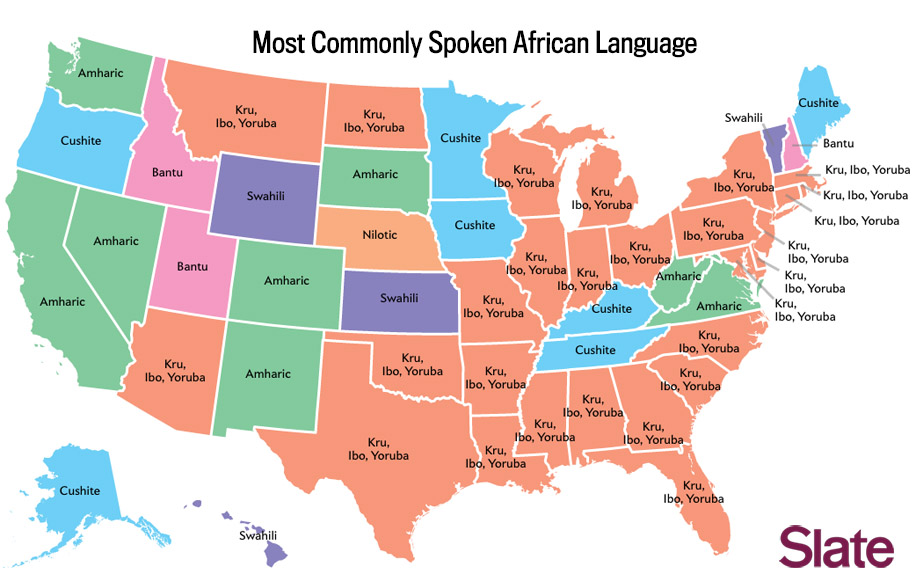News
Seven (7) longest serving Presidents in Africa

The echoes of another coup resonate through Africa, this time reverberating in Gabon. A faction of army officers has boldly declared an end to the enduring 56-year rule of both Omar Bongo and his successor, Ali, in this Central African nation.
Their proclamation carries a distinct message: they nullify the outcomes of the recent election, granting President Ali Bongo an extension to his 14-year reign. This unfolding coup, if successful, marks the tenth instance of such an upheaval on the continent, with Niger Republic being the most recent victim.
A prevalent observation among analysts underscores the persistence of coups in Africa as a reflection of entrenched leadership. At the crux of this issue is the seemingly indefinite tenure of some African heads of state. As quantified, seven African Presidents have maintained their grasp on power for over two decades, painting a complex tableau of leadership dynamics.
- Teodoro Obiang Nguema Mbasogo (44 years): Teodoro Obiang Nguema Mbasogo of Equatorial Guinea has maintained his grip on power since 1979, cementing his position as Africa’s longest-serving president. Early on, his rule was characterized by draconian measures and brutal repression, marked by the persecution and execution of political dissenters. Although recent years have seen international criticism for human rights abuses, President Obiang remains steadfast in his rule.
- Paul Biya (42 years): Paul Biya, who seized power through a coup d’état in 1982, continues to command Cameroon. Despite the passage of time, his rule shows no signs of waning. Initially known for his repressive tactics, he later permitted multiparty elections in the 1990s, only to remain entrenched in power. Biya’s prolonged tenure has been plagued by accusations of human rights violations and authoritarianism.
- Denis Sassou (36 years): The Republic of the Congo has experienced a 36-year presidency under Denis Sassou, who first assumed power in 1979. Three re-elections later, he stands among Africa’s oldest leaders at 80. However, his extensive reign has been marred by allegations of corruption, poor governance, and human rights transgressions.
- King Mswati III (36-year rule): Eswatini, the continent’s last absolute monarchy, has been under the rule of King Mswati III for 36 years. His ascension to the throne at the age of 18 in 1986 set the stage for a lengthy reign marked by traditional governance.
- Yoweri Museveni (35 years): Since coming to power in 1986, Yoweri Museveni has dominated Uganda’s political landscape for 35 years. While early years showcased promise with multiparty elections, his tenure has grown increasingly autocratic, stifling dissent and civil liberties. His 2017 constitutional amendment eliminating presidential age limits underscores his determination to perpetuate his rule.
- Isaias Afwerki (30 years): Eritrea has been led by President Isaias Afwerki for 30 years, following his leadership during the country’s independence from Ethiopia in 1993. His tenure has seen repeated re-elections and an environment of militarization, prompting a mass exodus of citizens seeking safety and opportunity elsewhere.
- Paul Kagame (23 years): Rwanda’s President Paul Kagame has presided over the nation since 2000 and is gearing up for re-election in 2024. A notable figure for his leadership through the post-genocide restoration, Kagame’s rule is punctuated by both commendation for progress and critique for suppressing political opposition.
As these African leaders stand at the helm for decades, the continent’s political landscape remains intricate, raising questions about the delicate balance between leadership stability and democratic evolution.




